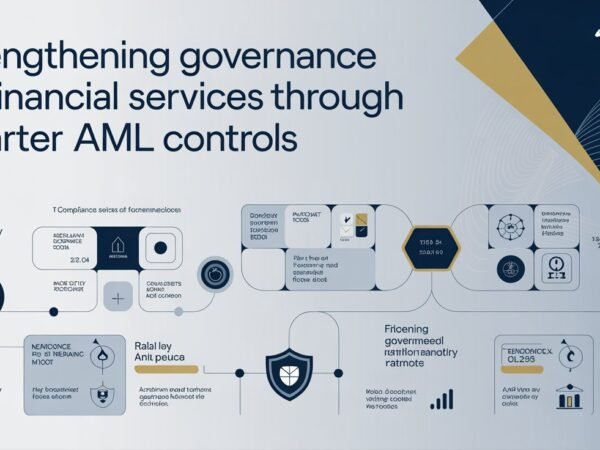Oil companies have been around for a long time. They help power our cars, heat our homes, and fuel industries worldwide. But things are starting to change. Today, oil companies are facing new challenges—from rising fuel prices and stricter climate rules to growing demand for cleaner energy. In this article, we’ll talk about the issues oil companies face, how they are finding solutions, and what the future might look like.
Environmental Challenges Facing Oil Companies
Climate Pressure on Oil Companies Is Rising Fast
Many people now care more about the environment. Climate change is a big deal, and oil companies are under pressure. Burning oil releases carbon dioxide, which warms the Earth. As a result, activists, governments, and even some investors are calling on oil companies to improve their practices.
How Oil Companies Are Working Toward Greener Energy
To deal with this, some oil companies are investing in carbon capture technology. This helps trap carbon before it goes into the air. Others are investing in solar and wind energy projects. They’re still learning, but these changes indicate that oil companies are making an effort to keep pace with the growing demand for clean energy.
Oil Companies and Technological Innovation
Old Tools and Slow Systems Make Things More Complicated
Many oil companies still use outdated machines and systems. These tools can break down or waste energy. This leads to higher costs and less safety on oil sites. It’s a problem for both workers and the environment.
Smart Tech Helps Fix Old Problems
To address this, oil companies are adopting new technologies. They now use drones to check pipelines. Some are trying AI systems to monitor oil wells. These upgrades help spot problems early and reduce risks. It also means they use fewer workers for dangerous tasks.
The World Still Needs Oil (But That’s Changing)
Many Countries Still Depend on Oil
Although clean energy is growing, many countries still rely heavily on oil. It’s used in cars, airplanes, factories, and in the production of plastic products. In some places, oil is the only affordable energy source.
Finding a Balance With Cleaner Energy Plans
The key is balance. Some oil companies are working with local governments to build hybrid energy plans. These plans mix oil with natural gas, wind, or solar energy. This makes energy more reliable and environmentally friendly.
How Oil Companies Affect the Economy
Oil Price Swings Can Hurt Small Businesses
When oil prices go up, it costs more to drive, heat buildings, and make goods. This hits small businesses the hardest. Farmers, truckers, and shop owners all feel the pinch.
Stable Oil Policies Offer Long-Term Support
Oil companies that collaborate with local governments to stabilize prices can benefit the communities they serve. Some now invest in local fuel reserves and offer price control programs. These moves help prevent sharp price hikes and protect the economy.
Oil Companies and Public Image
Greenwashing Harms Trust
Some oil companies claim to support clean energy, yet they continue to harm the planet. This is called greenwashing. People see through fake promises, and that hurts trust.
Honest Action Builds Better Reputations
Companies that share accurate data and report climate goals are gaining respect. When oil companies publish sustainability reports, it shows they care about change. Some even solicit the public’s ideas on how to improve.
Global Tensions and the Role of Oil
Oil Plays a Part in Political Conflicts
In some areas, control over oil creates problems. Countries fight over oil-rich lands. Prices change due to wars or trade bans. Oil companies sometimes have to stop working in dangerous places.
Clear Rules Help Keep Peace and Progress
Good policies can help avoid these issues. International trade laws, peace deals, and oil-sharing agreements keep things running smoothly. Oil companies that follow these rules help avoid more significant problems.
The Shift Toward Renewable Energy
Old Habits Hold Back Progress
Some oil companies are slow to switch to clean energy. They’ve made money from oil for a long time and fear losing profits. This slow change frustrates people who want quick action.
Investing in New Energy Paths
Still, there’s hope. A few oil companies now invest in battery storage, hydrogen fuels, and offshore wind farms. These steps show they’re planning. If they keep going, they can help lead the way toward a cleaner planet.
Worker Safety and Jobs in the Oil Industry
Oil Jobs Can Be Risky
Working in oil fields or on rigs is challenging and sometimes dangerous. Fires, spills, and equipment failures are genuine threats. Some workers don’t get proper training or safety gear.
Making Oil Work Safer and Smarter
To address this, many oil companies now adhere to stricter safety standards. They also use virtual training tools and remote equipment controls. These tools help keep workers safe while enhancing the way work is done.
Looking Ahead: What’s Next for Oil Companies?
The Pressure to Change Won’t Stop
Oil companies can’t ignore climate change, tech growth, and public demand. People want cheaper energy that doesn’t harm the planet. This means that oil companies must continually adjust.
A Brighter, Cleaner Path Forward
The good news? Change is possible. By investing in clean energy, adopting innovative technology, and being transparent with the public, oil companies can remain competitive. They won’t just survive—they can lead the charge into a new energy age.
Conclusion: Oil Companies Are at a Crossroads
The world is changing rapidly, and oil companies must adapt to this change. From climate rules and high prices to new tools and public trust, the challenges are significant—but so are the chances to grow. By embracing clean energy, being transparent, and utilizing innovative technology, oil companies can continue to serve the world without harming it. The path won’t be easy, but the future is full of possibilities if they choose the right direction.
Do Read: Why Does Every Business Need a Professional Photographer?













